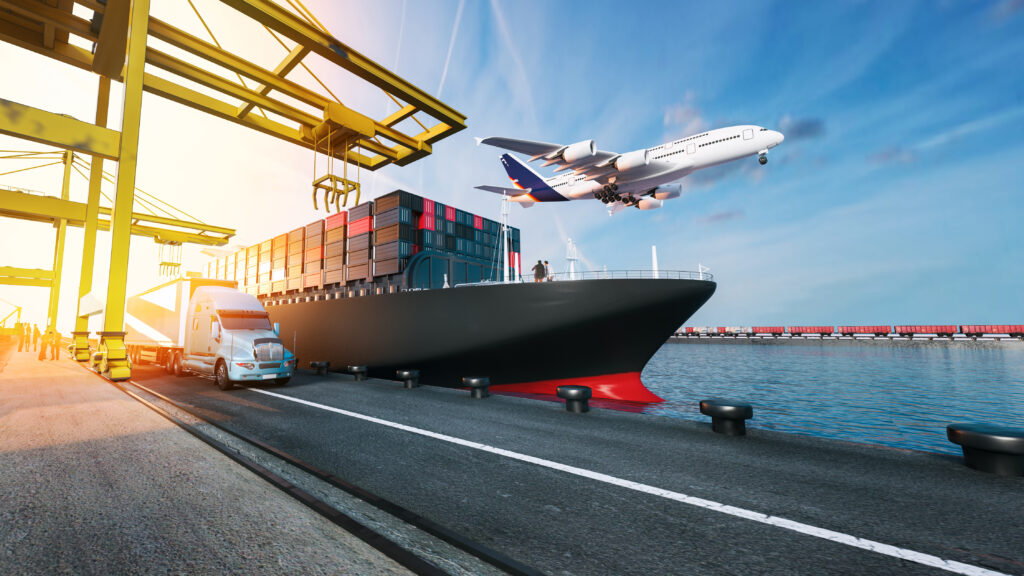The global air cargo sector has been evolving at a rapid pace over the last few years, driven by the demands of international trade, consumer expectations, and technological innovations. The forecast for the air cargo industry in 2025 presents an optimistic outlook, as the market continues to adapt to new challenges and opportunities. According to Statista, the global airfreight market is expected to grow at an annual rate of 5-6% through 2025, driven by increasing global trade, e-commerce, and the need for time-sensitive deliveries.
Emerging Growth Drivers & Sustainability Trends
In terms of growth, the expansion of global trade, particularly in emerging markets like Asia-Pacific and Africa, is expected to lead to increased demand for air cargo services. This will be coupled with rising e-commerce activity, particularly the demand for fast delivery of goods. The rise of regional airfreight networks and direct flights to underserved markets will be key factors driving growth in the coming years. Additionally, advancements in technology, including automation and artificial intelligence in logistics operations, will contribute to greater efficiency and reduced operating costs.
As the market grows, the air cargo sector will likely see continued shifts towards sustainability. With growing concerns over environmental impact, the industry is exploring ways to improve fuel efficiency and reduce carbon emissions. Aircraft manufacturers are focusing on producing more fuel-efficient freighters, and the use of sustainable aviation fuel (SAF) is becoming more widespread. However, the challenge of meeting carbon reduction targets will require continued innovation and industry collaboration.

Sustaining the Growth: Key Challenges and Opportunities
Despite the positive outlook, the air cargo sector faces several challenges that could impact its growth trajectory. Rising fuel costs, supply chain disruptions, and geopolitical factors continue to create uncertainties. Additionally, the demand for skilled labor in logistics and air cargo operations is a growing concern. However, these challenges also present significant opportunities for businesses that can adapt and innovate.
One of the key opportunities lies in the digitization of air cargo operations. The increased use of data analytics, blockchain for shipment tracking, and digital booking platforms will enhance transparency, reduce paperwork, and speed up the process for shippers and airlines alike. As companies invest in technology, there will be a notable shift towards more seamless and integrated logistics solutions that can better meet customer expectations.
With the rise of emerging economies and the continued boom in global e-commerce, the air cargo industry is expected to see unprecedented growth in the coming years. Companies that can leverage technology, embrace sustainability, and navigate the challenges of a globalized supply chain will be positioned for success.
The air cargo industry is on track for robust growth by 2025, fueled by rising global trade and e-commerce. But with new opportunities come new challenges. Learn about the future of air cargo!
@StatistaCharts Tweet
The air cargo industry’s future looks promising, with numerous opportunities for growth driven by technological advancements, evolving trade patterns, and increased consumer demand. By 2025, the industry will likely see higher levels of automation, more fuel-efficient aircraft, and improved sustainability practices. However, success will depend on the sector’s ability to adapt to challenges such as supply chain disruptions, rising fuel prices, and regulatory changes. Airlines, logistics providers, and freight forwarders will need to remain agile and invest in innovative solutions to remain competitive in this rapidly changing market.


